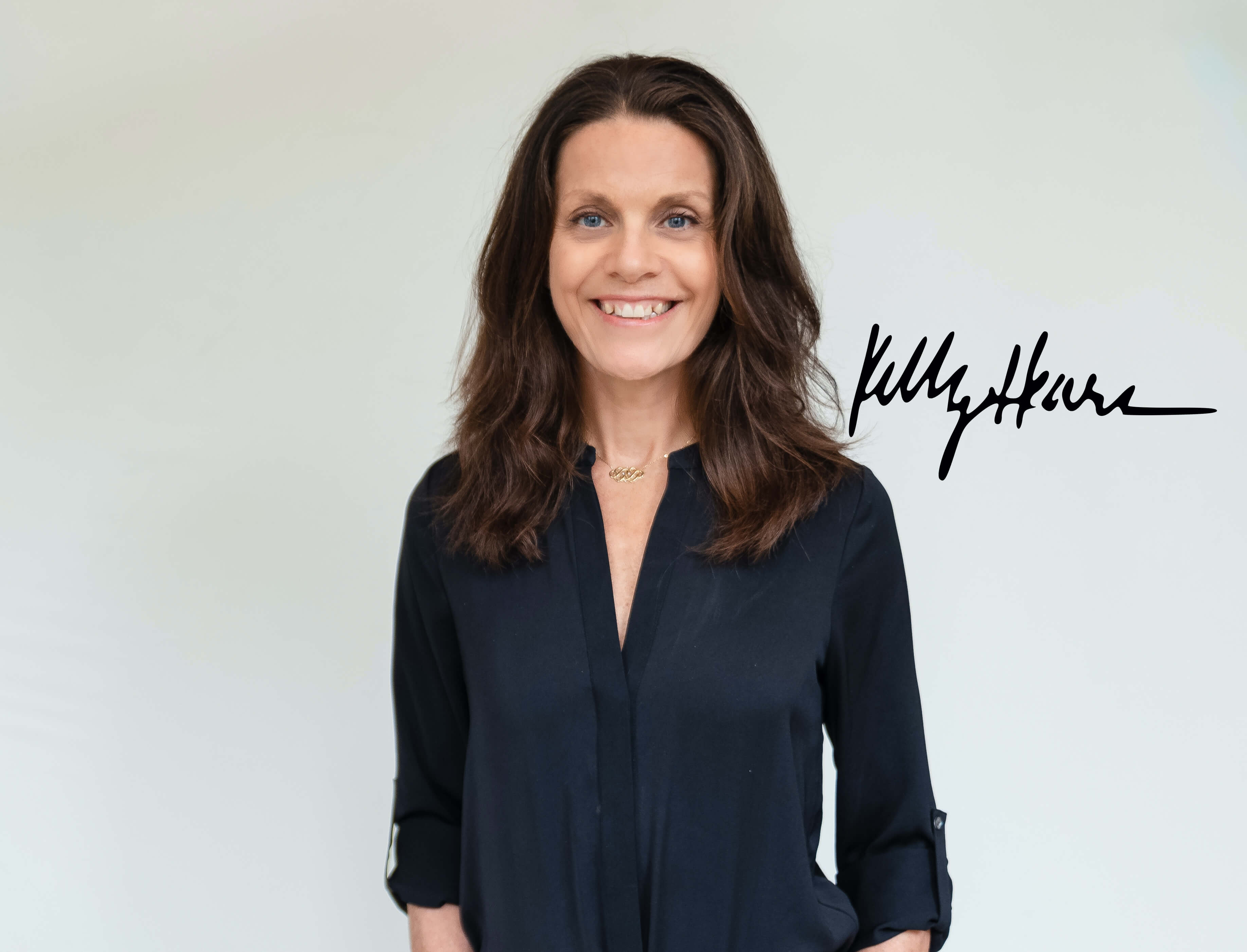In the near term, I would focus on the first two. First, making sure to scale up the resources around you - emotional support in the form of therapy or support groups in addition to friends and family; financial, legal and logistical e.g., help with childcare ; physical in the sense of taking care of your body that is feeling the stresses and strains. Next, allowing yourself time and space to process the emotions. This could be with the help of your emotional supports, or/and via journaling, creativity, movement, periodic emotional check-ins. Be patient with yourself - healing and growth don't come on demand. Then, in the words of poet William Stafford, 'Sometimes from sorrow, for no reason you sing.'
The third part is where we can recognise the tendrils of positive change. American psychologists Richard Tedeschi and Lawrence Calhoun coined the term 'posttraumatic growth' in the 1990s and identified five such 'domains of growth' that can emerge in the aftermath:
- a greater sense of personal strength
- improved relationships with others
- new possibilities for one's life
- a greater appreciation for life
- and spiritual development.

